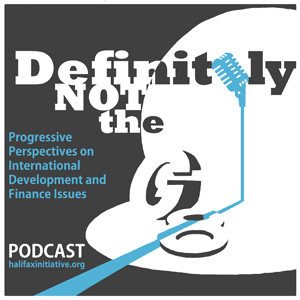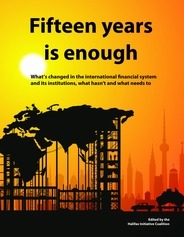Tax Troubles
This article by Halifax Initiative staff argues that since the 1960s, transnational corporations (TNCs) have exploited the faultlines of the international tax system to transfer billions of dollars from Southern countries to the North. Northern governments have protected this system, but are now being challenged by citizens' groups worldwide to put an end to these abuses. Published in Third World Resurgence magazine, December 2012.

